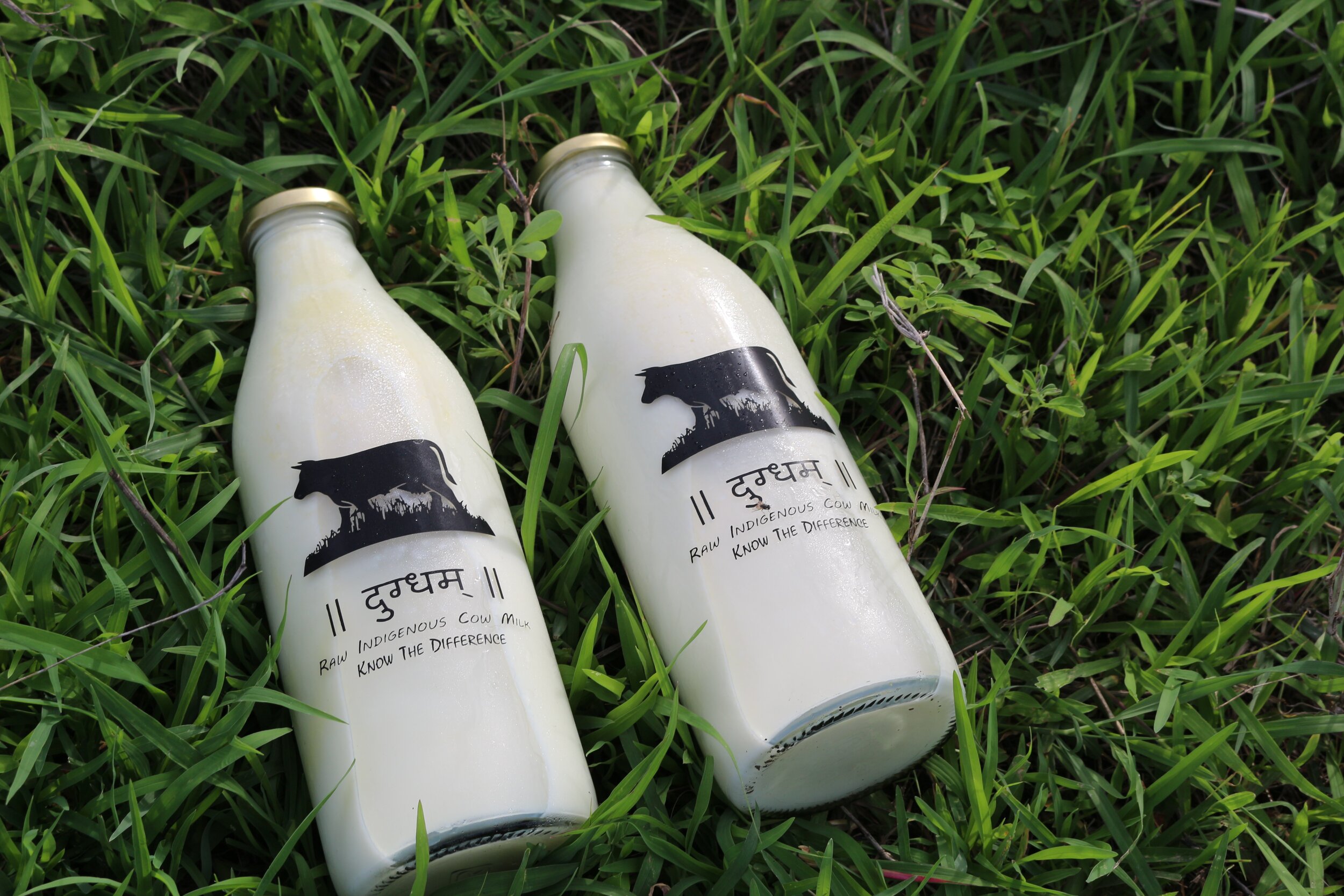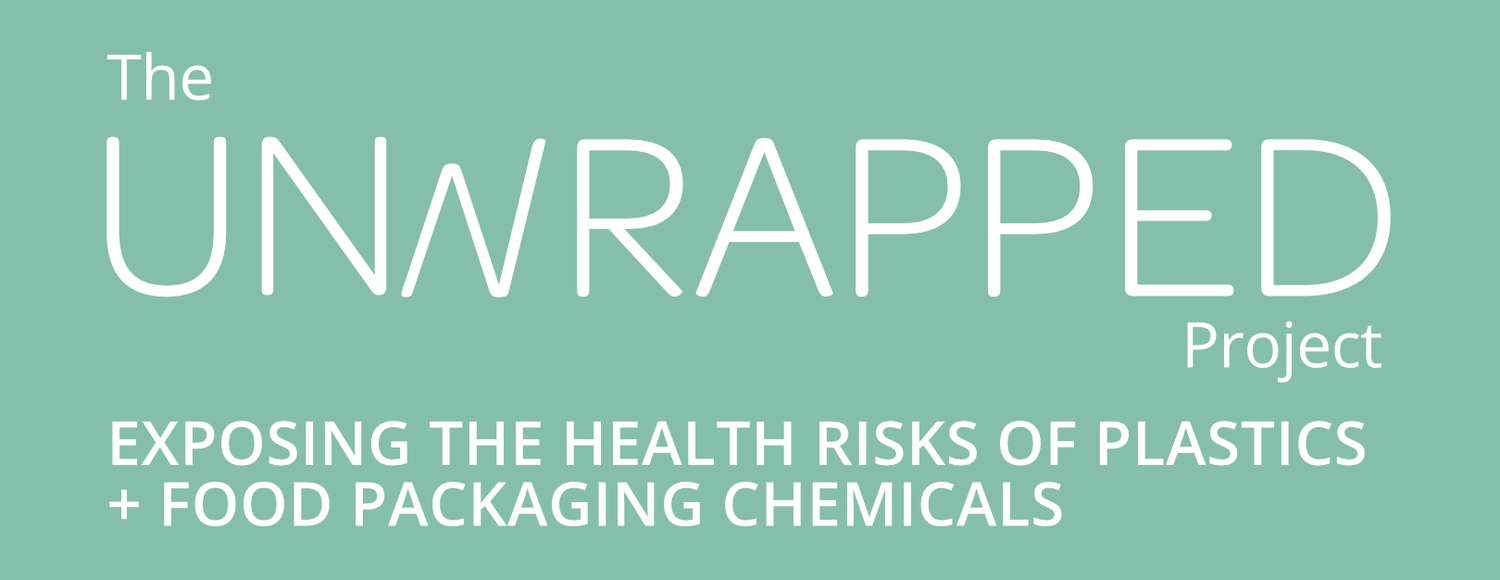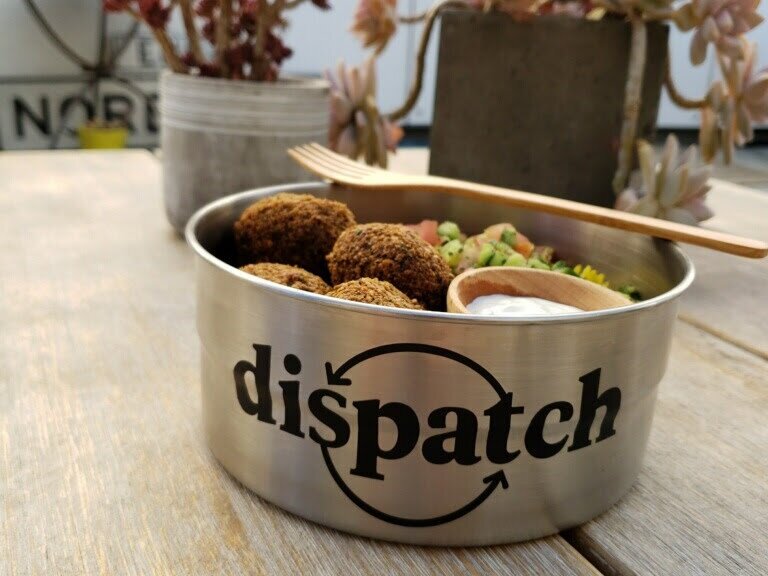
Reusable Packaging Protects Public Health and the Environment
Materials used for reusable and refillable packaging, such as glass, stainless steel and ceramic are generally safer than single-use plastic and paper packaging.
These materials are less likely to result in the migration of hazardous chemicals from packaging into food and beverages.
Reusable food packaging systems are developing across the globe and shifting the throw-away economy toward circular zero waste systems. Reusable and refillable delivery systems can play a critical role in curbing plastic pollution, reducing health risks associated with exposure to toxics, and avoiding greenhouse gas emissions from single-use packaging. According to a recent study, reusable tableware reduces waste by 92% and 97% of CO2 emissions, 93% of SO2 emissions, 68% of NOX emissions, 89% of PM2.5, 84% of dioxin, 95% of chemical oxygen demand (COD), as well as reduces water use by 67% of water compared to single-use packaging.
Reusable food delivery systems help businesses save money, increase customer satisfaction, create jobs and develop a more vital local economy. They also help governments reduce costs associated with waste and litter and achieve climate goals.
Policies supporting reusable and toxic-free food packaging and tableware
Legislation can support the scale-up of reusable and toxic-free food packaging by promoting business models that are either packaging-free or rely on reusable packaging. To ensure that food service facilities are no longer allowed to offer single-use tableware for on-site or take-out dining.
Policy Recommendations. Legislators must enact robust regulatory measures to ensure the transition towards toxic-free and reusable packaging, notably:
Set information and reporting obligations along the value chain to ensure transparency and traceability of chemicals in all food contact materials (single-use and reusable).
Phase out hazardous chemicals from all food contact materials.
Set legally binding consumption reduction requirements for single-use cups, beverage bottles, food containers, and accessories such as straws and utensils.
Require reusable foodware for onsite eating in all food and beverage outlets.
Require consumers pay visible fees for single-use cups and containers in take-out and delivery of food and beverages, ensuring that reusable alternatives are provided at lower cost, and allowing customers to use a reusable container to avoid the fee.
Set legally binding requirements on the share of refillable beverage packaging placed on the market and put in place deposit return scheme (DRS) to ensure their return.
Provide financial support for reusable items and systems to overcome barriers to entry, such as capital investments in the logistical infrastructure for collection and washing.
Recent examples of legislation supporting reusable and toxic free packaging
Single-use grocery bags. Plastic bag bans or charges for single-use bags that encourage consumers to bring a reusable bag. Such policies have been enacted in at least 127 countries globally.
Mandatory reusable foodware for on-site dining. The Berkeley ordinance was also the first to prohibit single-use foodware for on-site dining. Since then, four California cities have adopted the mandate of reusables for onsite dining.
Mandatory reusable cups and containers at events and workplace. The region of Flanders (Belgium) prohibited the use of single-use cups, cans and plastic bottles at all events, and this prohibition will be extended to single-use cutlery and plates from 2022. The City of San Francisco requires that 10% of beverages at city-sponsored events be served in reusable cups.
Charges for single-use “to-go” cups and containers. The City of Berkeley, California (U.S.) adopted the Single-Use Foodware and Litter Reduction Ordinance in Jan. 2019, the first policy enacting a charge on to-go cups. Following Berkeley, six California cities and the City of Vancouver, B.C. adopted cup charges in 2020, one enacted a 25 cent food container charge. In August 2019, Taiwan announced that restaurants at department stores, malls and supermarkets would no longer be allowed to offer single-use tableware to eat-in customers.
Bans of certain chemicals. Denmark enforces a ban on the use of per- and polyfluoroalkyl substances (PFAs) in paper and cardboard used in food contact materials since July 2020.

Case studies: Reusable solutions across the globe
New businesses are launching across the globe that provide food and beverages in returnable, reusable formats. Reusable systems are becoming available to provide consumers with take-out food and beverages, to groceries, house cleaning products, and personal care items. The map below showcases leading examples of reusable solutions in different regions.
Bulk Food Stores: Sr. A Granel (Brazil)
Bulk food stores have an in store dispensing system for foods and household items, which allows customers to bring their own containers or purchase reusable containers. Items are sold by weight, after taring the container. Sr. A Granel has opened 12 stores in Brazil since 2016. Along with more than 750 bulk food options available for in store purchase or same-day delivery, the company offers education on health, well-being, and diverse food cultures.
Cafe Cup Lending Programs: Vesselworks (US)
Available in Boulder, Colorado, Berkeley, California and expanding to other parts of the San Francisco Bay area, Vesselworks lets customers borrow a cup and return it free of charge. Their tech-enabled stainless steel reusable cup service is like a library lending program. Customers sign up and check out vessels at participating cafes and drop them off at participating cafes or curbside kiosks. The service is free to the customer; the cafe covers the cost.
Deposit Return
Systems: “Tiffin”
meal delivery (India,
UK and Belgium)
Dabbawala in Mumbai, India is the pioneer in using reusable stainless-steel Tiffin tins for meal delivery, which delivers 200,000 meals a day without disposable packaging. Dabadrop in London provides a similar service for customers who pay a monthly subscription fee and an initial €17 deposit. In Belgium, Tiffin Belgium is reducing 1.5 tonnes of food packaging waste per year per 1,000 members, saving €20,000 in the purchase of disposable containers.
Online Groceries and
Consumer Products:
Loopstore (Global)
Loop delivers groceries and consumer products directly to the consumer in reusable packaging that is cleaned and refilled to be reused, again and again. They partner with major brands and retailers. Loop is currently available in the United Kingdom, France, and the United States. In 2021, Loop will continue expanding internationally with launches in Canada, Japan, Australia and Germany.
Online Refillable/
Reusable Delivery:
Dispatch Goods (US)
Online refillable/ reusable delivery models offer easy sustainable solutions to take-out dining plastic pollution. Customers of Dispatch Goods can order directly from a participating restaurant and pick their meal up in a reusable container. The company picks up the reusable containers directly from the customer. Dispatch Goods says they chose stainless steel containers because stainless steel is durable, lightweight, recyclable, and has a lower chance of toxic chemicals migrating into food compared to plastic containers. Customers pay $1.50 per container.
Zero Waste Event
Planning: Hasiru Dala
Innovations Private
Limited (India)
HDIPL assists corporations, groups, and individuals in minimizing waste generation when hosting events. It provides consultancy in all aspects of events, from pre-planning assessment, venue preparation, ground- level implementation, and post-event housekeeping. Clients include organizers or sport matches, conferences, weddings, concerts, religious events, and parties.









